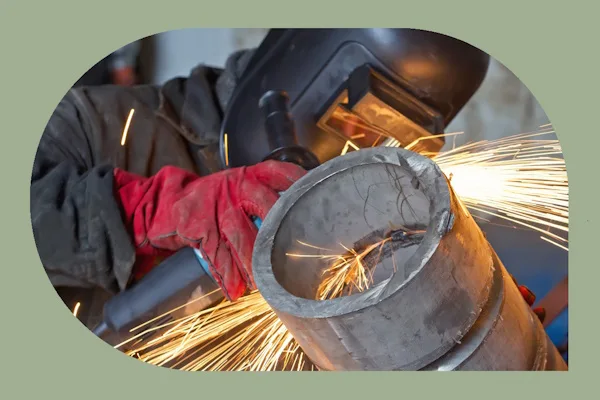In a world increasingly dominated by technology and automation, there are still professionals who continue a tradition that far predates the digital age – the skilled trades and craftspeople. From plumbers and electricians to carpenters and welders, these workers are proving to be remarkably resilient in the face of AI disruption. Let’s consider why the artistry of skilled trades is not just surviving but thriving in our high-tech world.
The Human Touch
At the heart of skilled trades lies the irreplaceable human touch. Consider the skilled carpenter meticulously shaping a piece of wood or the electrician troubleshooting a complex wiring issue. These tasks require not just technical know-how but an innate understanding of materials, an eye for detail, and a connection with the work that machines can’t replicate. It’s the hands-on expertise that defines the artistry of these trades.
Problem Solving in the Real World
Skilled trades are inherently problem-solving professions. Electricians need to decipher complex circuits in existing buildings, plumbers navigate intricate pipe systems, and welders fuse metals with precision under any odd circumstance.
The real-world challenges tradespeople encounter demand critical thinking and adaptability – skills that go beyond the capabilities of robotics and artificial intelligence. Our tradesmen and women may use AI to help them solve their problems more efficiently, but won’t we all?
Immunity to Digital Disruption
While technology continues to advance, skilled trades remain largely immune to digital disruption. These are professions deeply rooted in tradition, yet constantly evolving with the times. While automation may assist in certain tasks, the essence of craftsmanship relies on the intuition, creativity, and experience of the individual artisan.
The Future of Skilled Trades
As we all navigate the complexities of the modern world, the demand for skilled trades and craftsmanship remains robust. Infrastructure development, home renovations, and a growing appreciation for bespoke, handcrafted items ensure a steady demand for these workers.
As technology evolves, the skilled trades will continue to find innovative ways to integrate these new tools and techniques into their craft. As they have throughout history.
Epilogue
“No skilled trade jobs are getting completely replaced by automation. Although technology is handling some basic tasks in all trade professions, the more refined and dynamic duties still require human workers.” –Tulsa Welding School
In a world so captivated by the digital revolution and AI in particular, skilled tradespeople are testament to the enduring power of human touch. As long as there are structures to build, problems to solve, and creations to be made, the trades will not only survive but thrive in a high-tech world.
More Reading:
